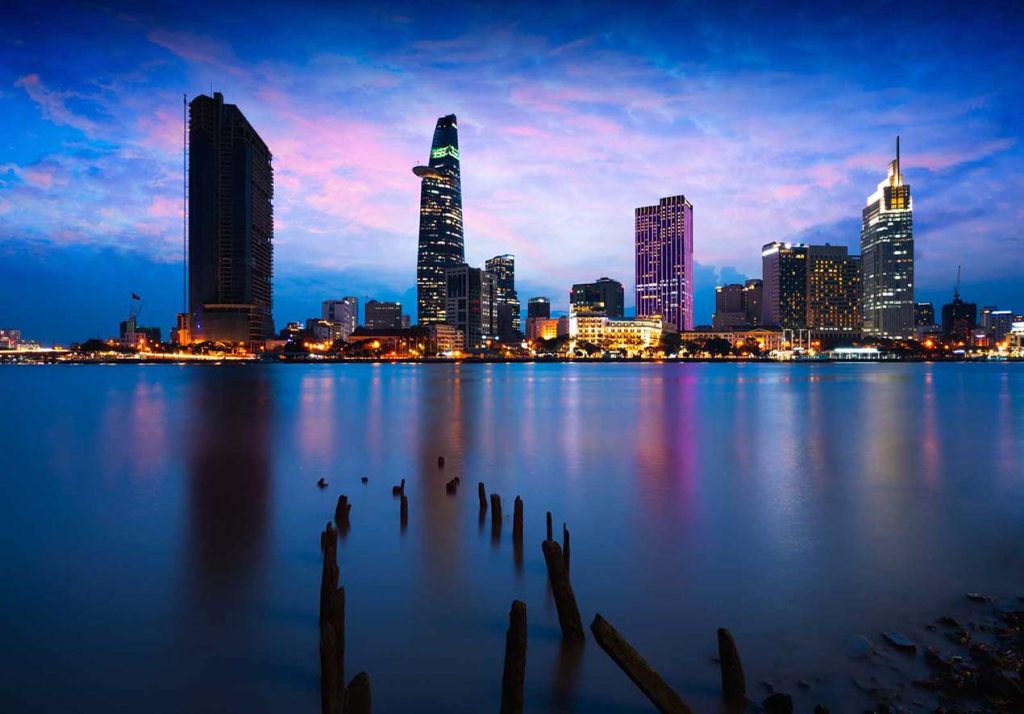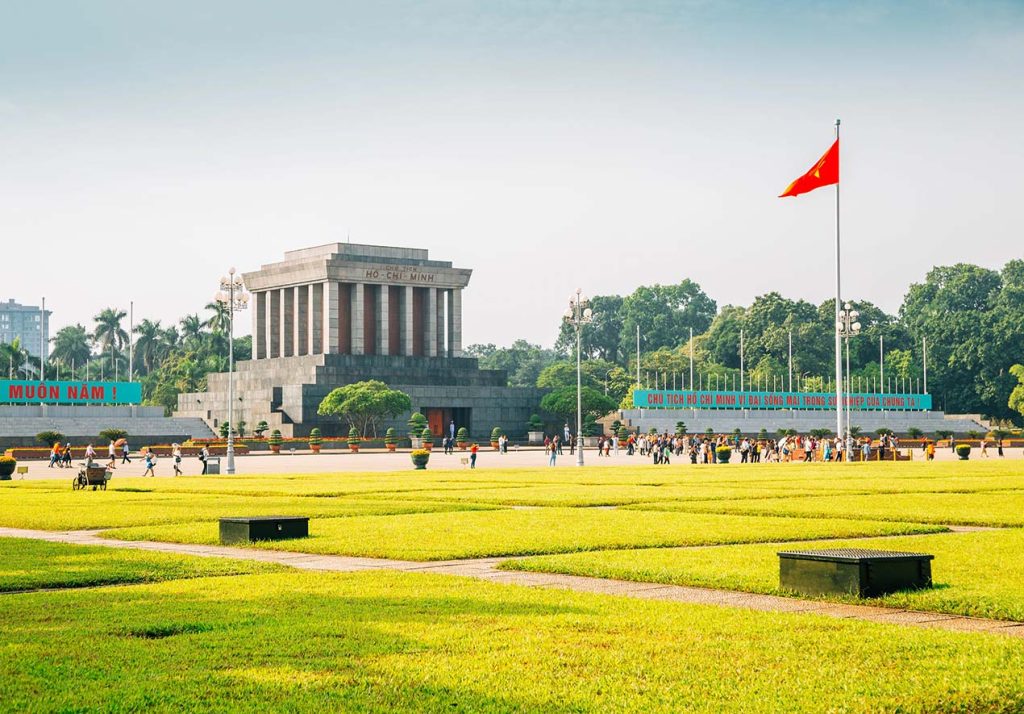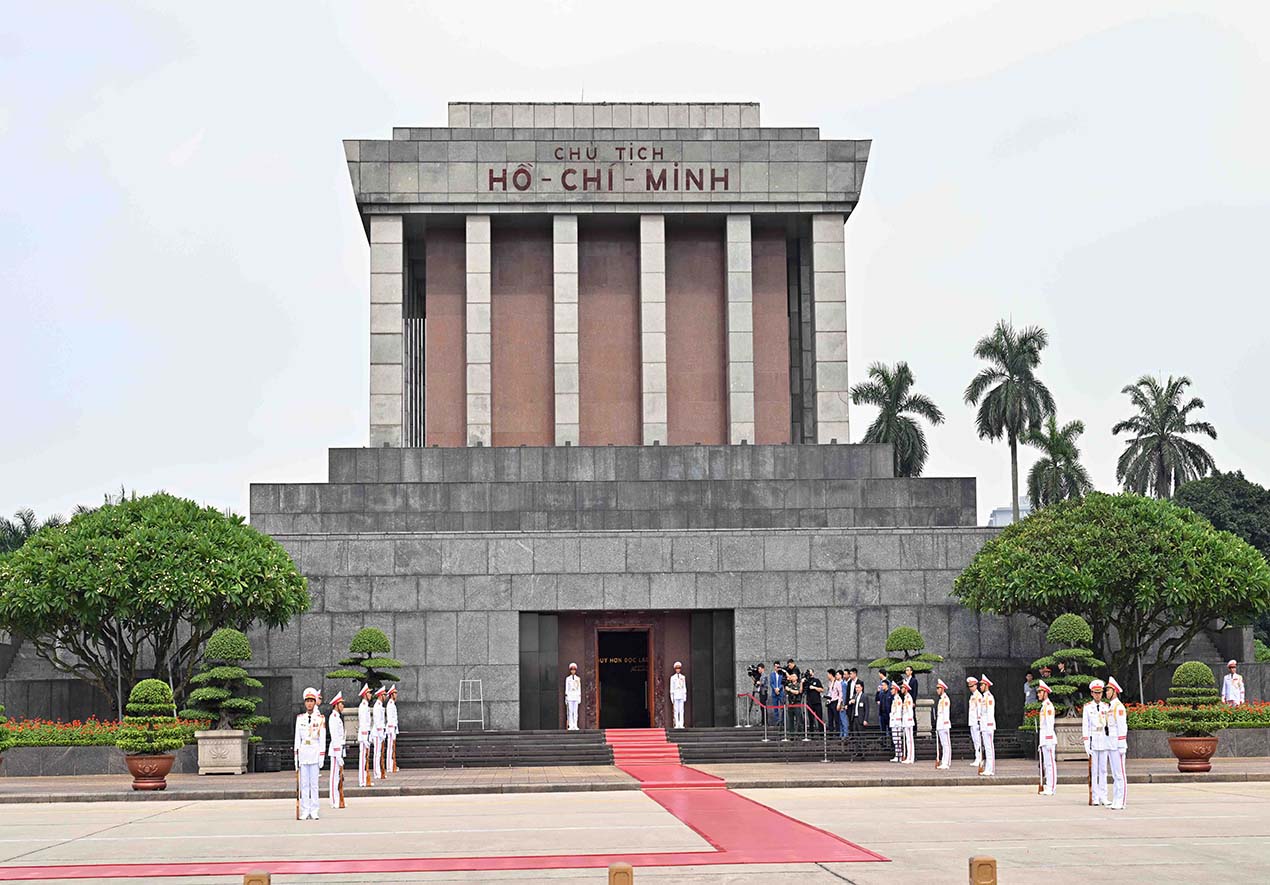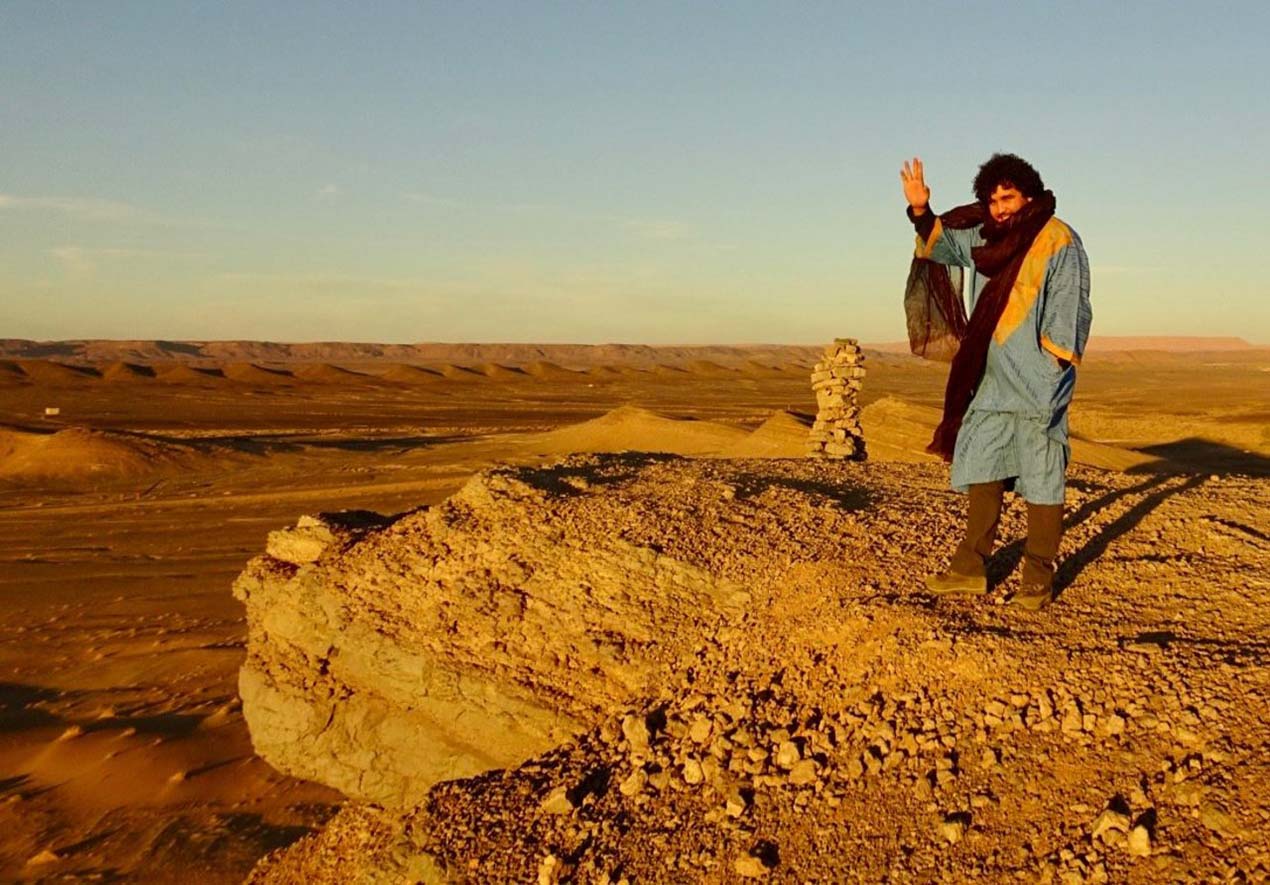Nestled within the heart of Hanoi, amidst the city’s vibrant streets and rich culture, stands a solemn and iconic structure that symbolizes Vietnam’s resilience, independence, and deep reverence for its beloved leader, Ho Chi Minh. The Ho Chi Minh Mausoleum, situated within Ba Dinh Square, holds profound significance and draws visitors from around the world.
A Tribute to the Father of the Nation:

The Ho Chi Minh Mausoleum stands as a tribute to Ho Chi Minh, the revered leader of Vietnam, who played a pivotal role in the nation’s quest for independence from colonial rule. Affectionately known as “Uncle Ho” by the Vietnamese, Ho Chi Minh’s enduring legacy is celebrated throughout the country, and the mausoleum serves as a lasting testament to his profound influence.
Architectural Splendor:
The design of the Ho Chi Minh Mausoleum blends elements of Soviet and traditional Vietnamese architectural styles. Crafted from gray granite, the imposing structure exudes a sense of grandeur and solemnity. Rows of columns and a prominent central portico adorn its exterior.
Visiting the Mausoleum:
Visitors to the Ho Chi Minh Mausoleum are greeted by uniformed guards standing in silent tribute. The mausoleum is open to the public, allowing visitors to pay their respects to Ho Chi Minh by viewing his preserved body. The experience is a solemn one, and visitors are expected to dress modestly and maintain a respectful demeanor.
Ba Dinh Square:

The mausoleum is located within Ba Dinh Square, a historically significant area. It was here, on September 2, 1945, that Ho Chi Minh read the Declaration of Independence, officially establishing the Democratic Republic of Vietnam. The square is also home to other significant landmarks, including the Presidential Palace and the One Pillar Pagoda.
Preservation and Care:
The preservation of Ho Chi Minh’s body is a meticulous process overseen by a dedicated team of experts. Ho Chi Minh’s remains rest in a glass sarcophagus, allowing visitors to view his embalmed body. The mausoleum periodically closes for maintenance to ensure the ongoing preservation of the body.
The Ho Chi Minh Mausoleum stands as a timeless symbol of Vietnam’s struggle for independence and its deep respect for its revered leader, Ho Chi Minh. It serves as a site of historical and cultural importance, attracting visitors who come to pay their respects and reflect upon the nation’s journey to sovereignty. A visit to the mausoleum during your trip to Hanoi not only provides insight into Vietnam’s history but also offers an opportunity to honor a leader whose contributions were instrumental in shaping the nation’s destiny.



